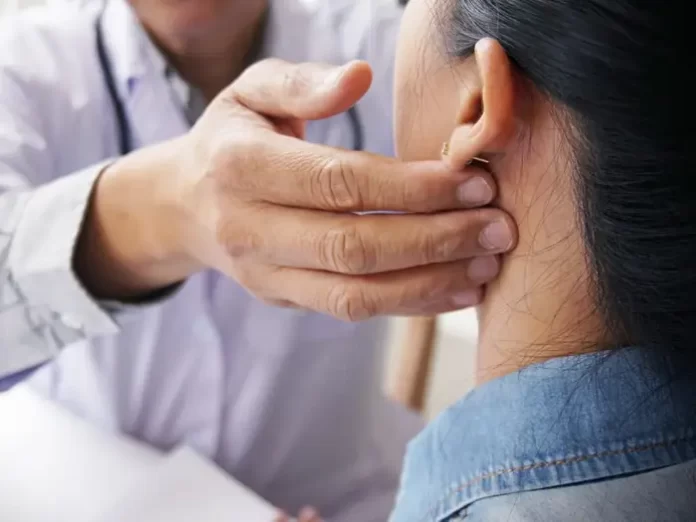Your age, your sexual partner’s age, the number of partners, extramarital sex, and oral sex could put you at risk of throat cancer.
The Human Papillomavirus (HPV) is the most common sexually transmitted infection (STI). Its symptoms include warts (painless fleshy growths on the skin) around the genitals and surrounding skin.
There’s no cure for this virus and it usually goes away on its own. However, oral sex habits increase the chances of developing oropharyngeal cancer by four times, according to a recent study.
The study, which was published online in a peer-reviewed journal of the American Cancer Society, found that performing oral sex under certain conditions increases the risk exponentially.
Read on to find out the risk factors, and don’t miss How to help someone afraid of hospitals get medical attention
Read more: Brain-boosting foods to add to diet for sharp memory
More than ten oral sex partners
The study involved 345 individuals without HPV-related oropharyngeal cancer and 163 individuals with oropharyngeal cancer.
Researchers found that those who had over 10 past oral sex partners had a 4.3 higher likelihood of having HPV-related oropharyngeal cancer.
Having oral sex at a young age.
“Having an older sexual partner when a person is young, for example, may represent a relationship where the older partner is more likely to expose the younger partner to HPV, and thus this captures a measure of risk beyond that captured by the number of partners alone,” said study lead author, Virginia Drake, MD, Johns Hopkins Hospital Otolaryngology–Head and Neck Surgery.
Having many oral sex partners in a short period.
Having older sexual partners when young.
Partners who had extramarital sex.
“In the same way, the link we found with extramarital sex, suggests that couples that have extramarital sex are more likely to acquire oral HPV than those who are monogamous (as one would expect!)” he added.
“Our study showed that relationship dynamics are independently associated with increased cancer risk, this is likely because these relationship aspects are surrogates of the higher likelihood for exposure to HPV.”
Avoiding HPV and HPV-Related Cancer
“Like all STDs, the risk of infection is related to exposure to new partners who may potentially carry HPV. Our study does not have direct clinical implications on prevention or screening, but helps patients and practitioners explain the question of, ‘why did I develop oropharyngeal cancer?'” Dr. Drake said.
Get the HPV vaccine which is recommended for young people starting at age nine.
“HPV infections and cervical precancers (abnormal cells on the cervix that can lead to cancer) have dropped significantly since the vaccine has been in use.”













